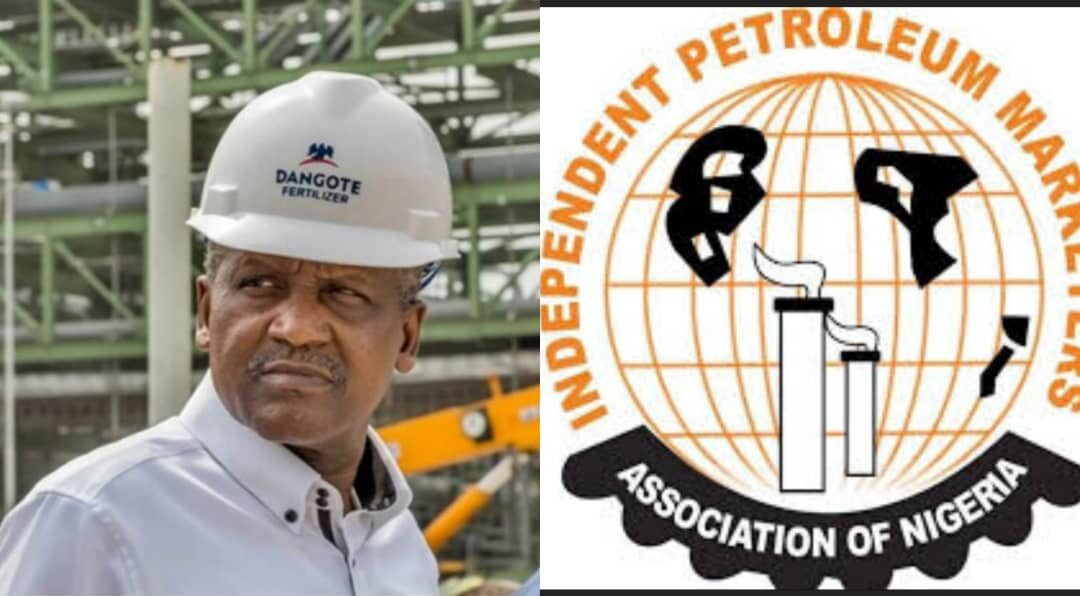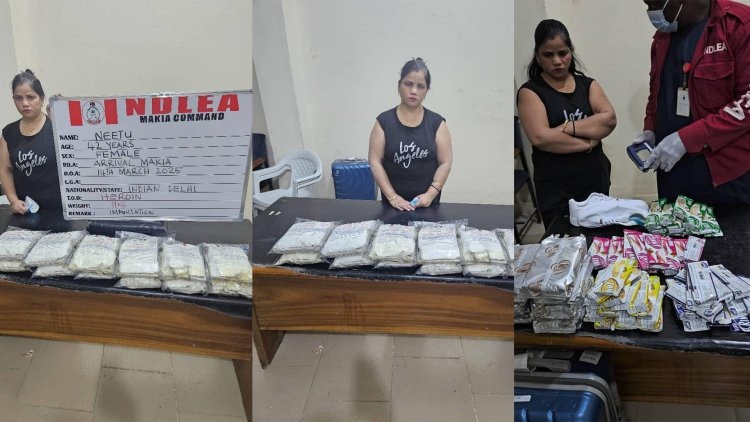The Dangote Petroleum Refinery has firmly rejected claims from petroleum marketers that it lacks the capacity to meet Nigeria’s local fuel demand. This rebuttal follows tensions between refinery management and oil marketers, who allege that the refinery has yet to meet current fuel needs despite its touted 650,000 barrels per day capacity.
Officials from the Dangote Refinery emphasized that the facility is not only supplying the local market but also exporting refined products to neighboring countries. They argued that Nigeria’s actual fuel consumption has been overstated in the past, especially under the fuel subsidy regime, and claimed the refinery produces more than enough to satisfy national needs.
The Depot and Petroleum Products Marketers Association of Nigeria (DAPPMAN), through its Executive Secretary, Olufemi Adewole, countered that marketers are not saboteurs, but businesspeople trying to remain operational by filling gaps in supply. Adewole denied the existence of a fuel importation cabal, though he admitted vested interests were at play. He accused the Dangote refinery of attempting to dominate the market through price reductions that hurt smaller operators.
However, Dangote Group sources argued that these marketers were previously profiting under the subsidy era through round-tripping and are now resisting reforms aimed at local self-sufficiency. They challenged the marketers and regulatory bodies to provide transparent fuel consumption and stock figures to support their criticisms.
According to Vice President of Dangote Group, Davakumar Edwin, the refinery currently produces 57 million litres of petrol, 20 million litres of jet fuel, and 37 million litres of diesel daily, totaling 104 million litres, more than twice Nigeria’s estimated daily fuel consumption of 46–50 million litres. He added that the refinery’s tank farms can store over 4.7 billion litres of crude and refined products.
Recent data from the Nigerian Midstream and Downstream Petroleum Regulatory Authority (NMDPRA) revealed inconsistencies in reported fuel imports and consumption. While the agency earlier said local refineries produce less than half of daily consumption, its CEO later disclosed that imports had dropped significantly to 14.7 million litres daily, a claim that contradicts previous figures.
Dangote himself stated that only 40% of the refinery’s output is needed domestically and reaffirmed that the facility will expose Nigeria’s true fuel consumption, reducing fraud and improving supply transparency. He acknowledged resistance from those with entrenched interests in fuel imports but insisted he is prepared to win the battle.
The refinery’s dispute with DAPPMAN continues amid broader concerns over market control and the government’s push to prioritize local production.







